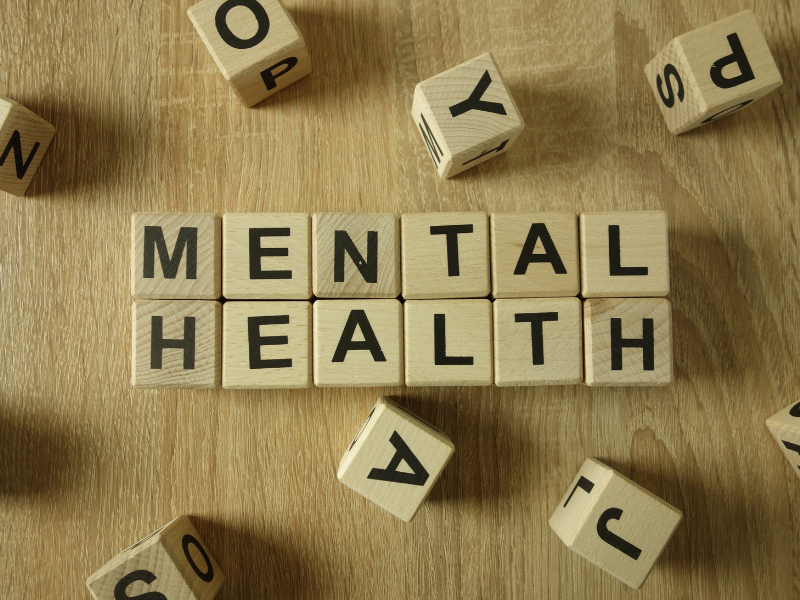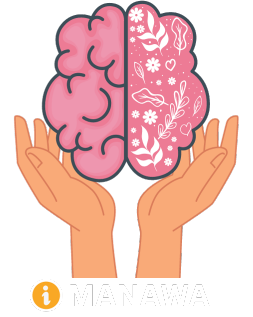
Introduction
In today’s fast-paced and demanding world, mental health plays a crucial role in our overall well-being. It encompasses our emotional, psychological, and social well-being, affecting how we think, feel, and act. Mental health is just as important as physical health, and neglecting it can lead to a myriad of issues. In this article, we will explore why mental health is important, its impact on our lives, and practical tips to maintain and improve our mental well-being.

The Significance of Mental Health
Our mental health influences every aspect of our lives, from our relationships to our productivity and overall happiness. It affects how we handle stress, make decisions, and navigate challenges. Without proper mental health, our ability to function optimally in various areas of life diminishes. Here are several key reasons why mental health is important:

1. Emotional Well-being
Mental health directly influences our emotional well-being. When we have good mental health, we can effectively manage our emotions and cope with daily ups and downs. It allows us to experience positive emotions, such as joy and contentment, and navigate through difficult emotions, such as sadness or anger.
2. Physical Health
There is a close relationship between mental and physical health. Poor mental health can manifest as physical symptoms such as headaches, sleep disorders, and lowered immune function. Conversely, maintaining good mental health positively impacts physical health, reducing the risk of developing chronic illnesses and improving overall quality of life.
3. Relationships and Social Connections
Healthy relationships and a strong support system are vital for our well-being. Mental health affects our ability to build and maintain meaningful relationships, communicate effectively, and empathize with others. Good mental health enables us to form healthy connections and enrich our social lives.
4. Productivity and Performance
A sound mental state is essential for optimal performance in all areas of life, including work and academics. Mental health improves focus, concentration, creativity, and problem-solving abilities. When our mental health is suffering, our productivity and performance may decline, leading to negative consequences in various aspects of life.
5. Personal Growth and Fulfillment
Good mental health fosters personal growth, self-esteem, and a sense of fulfillment. When we prioritize our mental well-being, we can develop a positive mindset, set and achieve goals, and find purpose and meaning in our lives. It allows us to continually learn and improve ourselves.
Effective Strategies for Maintaining Mental Health
Now that we understand the importance of mental health, let’s explore some effective strategies for maintaining and improving our mental well-being:
1. Prioritize Self-Care and Well-being
Make self-care a priority by engaging in activities that boost your mood and reduce stress. This could include practicing mindfulness, exercising regularly, getting enough sleep, and nurturing hobbies or interests that bring you joy.
2. Cultivate Healthy Relationships
Nurture and invest in healthy relationships that provide support, understanding, and encouragement. Surround yourself with positive and uplifting individuals who contribute positively to your mental well-being.
3. Practice Stress Management Techniques
Develop healthy coping mechanisms to manage stress effectively. This could include deep breathing exercises, meditation, journaling, or engaging in relaxation techniques like yoga or tai chi.
4. Seek Professional Help, if Needed
Don’t hesitate to seek professional help if you are struggling with your mental health. Mental health professionals, such as therapists or counselors, can provide valuable guidance and support tailored to your individual needs.
FAQs about Mental Health
Q: What are the signs of poor mental health? A: Poor mental health may manifest in various ways, including persistent feelings of sadness, loss of interest in activities, changes in appetite and sleep patterns, difficulty concentrating, increased irritability, and withdrawal from social interactions.
Q: Is mental health the same as mental illness? A: While mental health and mental illness are related, they are not the same. Mental health refers to the overall well-being of an individual’s mental state, whereas mental illness is a specific diagnosable condition.
Q: Can mental health improve on its own? A: In some cases, mild mental health issues may improve on their own with time, self-care, and support from loved ones. However, it is essential to seek professional help if symptoms persist or worsen.
Q: How can I support someone struggling with their mental health? A: Be empathetic, understanding, and supportive. Encourage them to seek professional help if necessary and offer to accompany them to appointments. Show that you are available to listen without judgment.
Conclusion
Prioritizing and maintaining good mental health is vital for living a fulfilling and balanced life. By recognizing the significance of mental health, we can take proactive steps to improve our well-being. Remember to practice self-care, nurture healthy relationships, manage stress effectively, and seek professional help when needed. Together, let’s strive towards optimal mental health and overall wellness.
Additionally, to learn more about mental health, you can visit high-quality websites such as Wikipedia for a comprehensive understanding of the topic.
